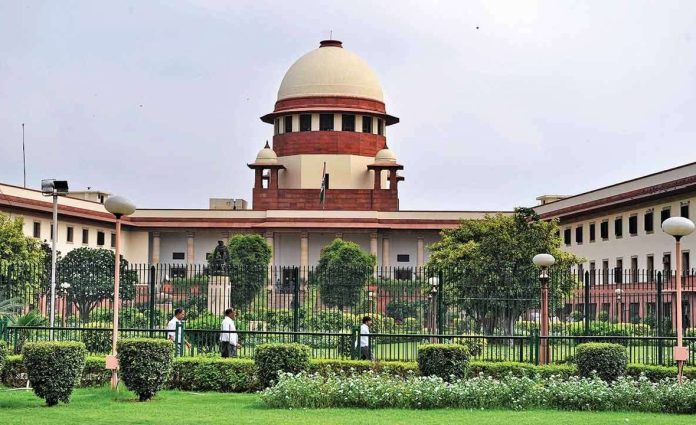New Delhi: The Supreme Court of India has deferred the hearing of a public interest litigation (PIL) seeking urgent action against the alarming increase in lynching and mob violence cases. The PIL demands that state police chiefs adhere to the guidelines previously established by the apex court, reports The Indian Express.
A bench led by Justices B.R. Gavai and K.V. Viswanathan was unable to hear the case on Tuesday due to time constraints. The case is now tentatively scheduled for January 21, as per the court’s computerised status update.
In the earlier hearing on November 5, the top court criticised several states, including Assam, Chhattisgarh, Telangana, Maharashtra, and Bihar, for failing to file their counter-affidavits. The court issued a stern warning, stating, “If the affidavits are not submitted, the Chief Secretaries of these states must appear in court to explain the non-compliance with our orders.”
Back in April, the court had granted state governments six weeks to report on the measures taken in response to mob violence incidents. The bench emphasised the necessity of detailed responses, saying, “State governments are expected to at least provide updates on actions taken regarding the cases mentioned in the petition.”
In July 2023, the Supreme Court had issued notices to the central government and several states, including Haryana, Madhya Pradesh, Bihar, Rajasthan, Odisha, and Maharashtra. Following an application by the Jamiat Ulama-i-Hind, all state governments were eventually added as respondents in the case.
The PIL advocates for a uniform compensation framework for victims of lynching and mob violence, in addition to what is determined by local authorities. It also highlights the inadequacy of current responses, noting that in most cases, filing an FIR appears to be a mere formality rather than the start of a genuine investigation.
The next hearing will address the state governments’ compliance with these directives, with hopes of ensuring justice for victims and their families.




